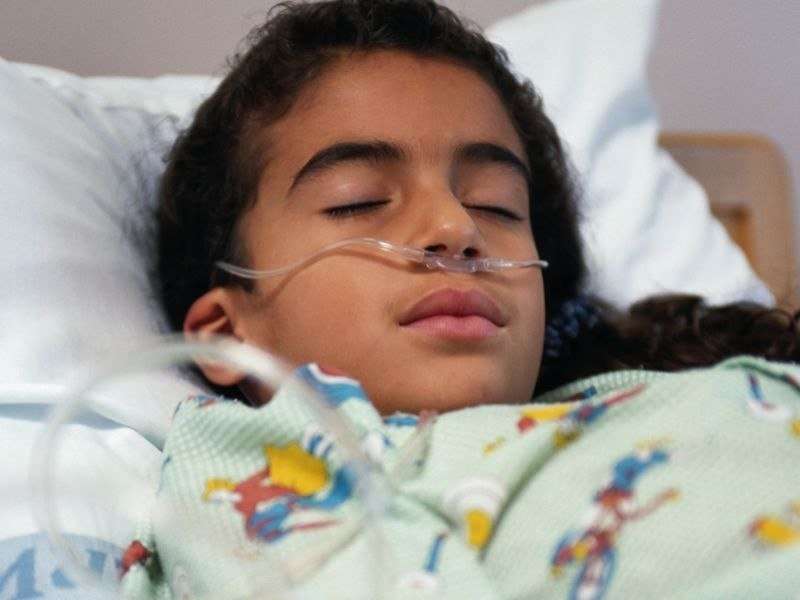(HealthDay)—In children who receive a non-kidney solid organ transplant, acute kidney injury (AKI) is common in the first year after surgery and is associated with an increased risk of chronic kidney disease (CKD), according to a study published online Dec. 29 in the American Journal of Transplantation.
C. Williams, from the University of Toronto, and colleagues determined the incidence of AKI and CKD among 303 children who received a heart, lung, liver, or multi-organ transplant at the Hospital for Sick Children between 2002 and 2011.
The researchers assessed AKI in the first year after transplant and found that perioperative AKI (within the first week) occurred in 67 percent of children and that AKI after the first week occurred in 36 percent. The highest incidence occurred among lung and multi-organ recipients. CKD developed in 23 children (8 percent) after a median follow-up of 3.4 years. End-stage renal disease developed in fewer than five children, all within 65 days of transplant. There was a significantly greater risk for developing CKD among those with one AKI episode by three months post-transplant, even after adjustment for age, sex, and estimated glomerular filtration rate at transplant (hazard ratio, 2.77).
"AKI is common in the first year post-transplant and associated with significantly greater risk of developing CKD," the authors write. "Close monitoring for kidney disease may allow for earlier implementation of kidney-sparing strategies to decrease risk for progression to CKD."
More information:
Abstract
Full Text (subscription or payment may be required)
Journal information: American Journal of Transplantation
Copyright © 2018 HealthDay. All rights reserved.






















